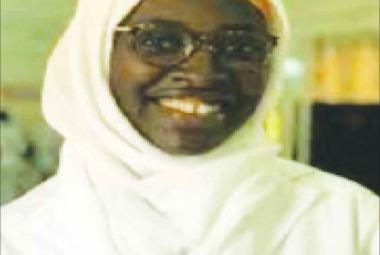"We cannot stay where we are while our people are suffering; we should do something to deliver the health service needs of the country". The representative of the World Health Organisation (WHO) in the Gambia, Dr Desta Tiruneh said this in a monthly press briefing, meant to update on the state of health care. This month’s topic was on Universal Health Coverage (UHC).
He noted that universal health coverage is an SDG goal placed to avoid the burden of child death. This monthly initiative he said is to educate the population through the media to better understand health issues and be able to take decision by themselves as far as their health is concerned.
“It is very crucial to the WHO to empower people through information on health issues, by working closely with the media as partners. Through them the public will be informed on preventive methods of health”.
Universal Health Coverage, he went on to explain, seeks to ensure that everyone has access to health at the earliest possible time without any hardship; “making sure that the utilisation of fund is efficiently done to move the country towards achieving universal health coverage, as well as promoting preventive measures”.
“It also seeks to address and avoid people coming from faraway places but manage people on time so as to avoid high cost on them and their families, preventing illness according to the country’s economy”.
Dr Tiruneh further argued that families should not spend more of their income on health services. Therefore he said, countries are urged to develop a comprehensive manual with core policy to guide them to reach the target of UHC in 2030.
Presenting on Universal Health Coverage (UHC), the Health Economist of the WHO pointed out that UHC is central but difficult aspiration as countries face different challenges in getting more services, mobilising domestic resources, quality and person-centeredness care and the health workforce.
UHC, he said is not and does not mean free coverage for all possible health interventions, regardless of the cost.
“UHC covers all components of health system… human resources, medicines, technologies, financing”.
He pointed out that it is not only about ensuring a minimum package of health services, “but also progressive expansion of coverage on health services and financial protection as more resources become available”.
Ceesay acknowledges that no country fully achieves all the coverage objectives, but that all countries want to reduce the gap between need and utilisation (equity in service use), improve quality and improve financial protection.
Moving towards UHC, he said is relevant for all countries and every country can do something to make progress.






